China urges ‘meaningful dialogue’ amid Korean Peninsula tensions
China has called for a “meaningful dialogue” against the backdrop of recent tensions between North Korea and the United States.
Early on Wednesday, North Korea launched two ballistic missiles into the East Sea off the coast of Japan. The launch came after the United States deployed a nuclear-armed submarine at a South Korean port, the first in decades.
Chinese Foreign Ministry spokeswoman Mao Ning said in a press briefing later on Wednesday that the circumstances on the Korean Peninsula were worrying.
“The situation on the (Korean) Peninsula has once again become tense, and the main reason behind this is clear. The relevant parties exploit the Peninsula issue for their own selfish, geopolitical interests, escalating tensions in the region and harming the denuclearization process, and the relevant trends are a cause for concern.”
“We hope that the relevant parties will continue in the direction of political settlement, address each other's legitimate concerns in a balanced way through meaningful dialogue, and safeguard the peace and stability of the Peninsula.”
The United States and South Korea keep holding joint war games in the region. Washington and Seoul have also agreed that the US deploy nuclear assets to South Korea.
In Pyongyang, North Korean authorities have vowed to respond proportionally to the recent agreement between Washington and Seoul.
North Korea also tested its latest Hwasong-18 intercontinental ballistic missile recently. Pyongyang said it was a warning to the US and other adversaries.
South Korean president boards US nuclear sub in Busan
On Wednesday afternoon local time, South Korean President Yoon Suk-yeol boarded the visiting US nuclear missile-armed submarine.
Yoon boarded the USS Kentucky, an Ohio-class nuclear ballistic missile submarine (SSBN), with his wife, Kim Keon-hee, at the joint US-ROK Busan Naval Base in the south of the country.
Inside the vessel, he said it is “really reassuring” and “a relief to see the most important US nuclear strategic asset with my own eyes.”
“This means North Korea can’t even dream of a nuclear provocation, and it serves as a clear warning to North Korea that such a provocation would spell the end of the regime,” Yoon said, speaking before the submarine tour.
Last week, North Korean leader Kim Jong-un said in a statement the submarine visit would further bring the region “to the brink of an unprecedented nuclear war.”
The North Korean leader’s sister Kim Yo-jong also recently warned that Pyongyang would strive towards “further perfection” of its nuclear deterrence.
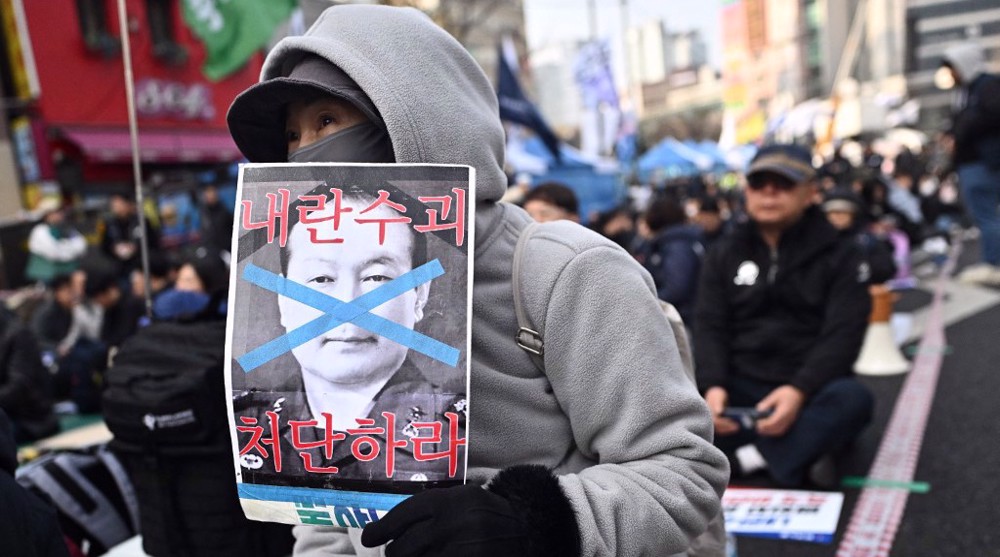
South Korea's court removes president over martial law controversy
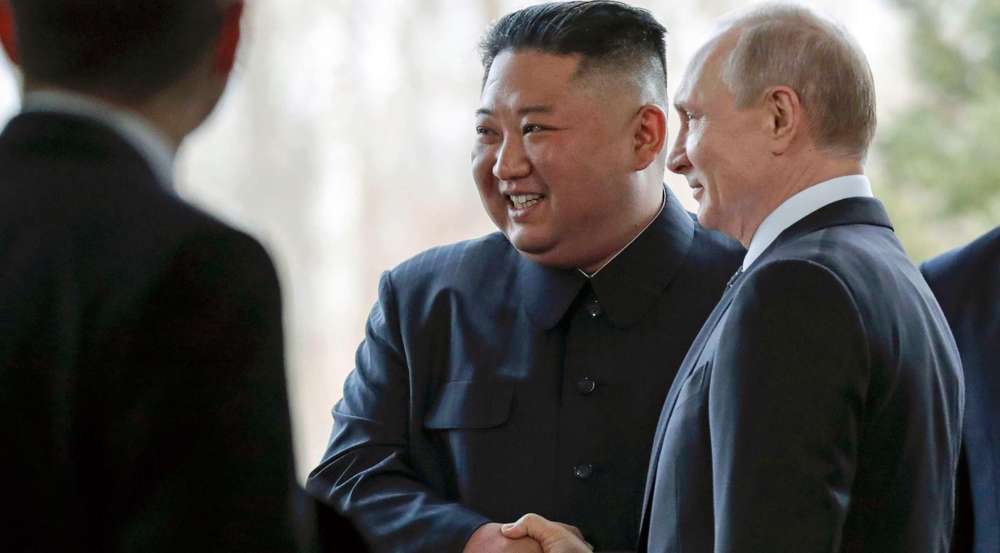
Official: Russia preparing for visit by North Korean leader

'Unprecedented damage': 24 killed in South Korea's worst wildfire
Three days from freedom: 64th Palestinian abductee dies in Israeli captivity
IAEA should maintain neutrality in Tehran-Washington talks: Iran nuclear chief
VIDEO | Press TV's news headlines
Hamas: Israel tortures Palestinian abductees while we treat captives humanely
Israeli captive in Gaza holds Netanyahu responsible for continued captivity
Tehran rejects 'baseless' UK claims about links to criminal groups
Palestinian hospital chief ‘exhausted from torture’ in Israeli prison: Lawyer
Iran says IAEA can play ‘crucial’ role in resolving nuclear issue


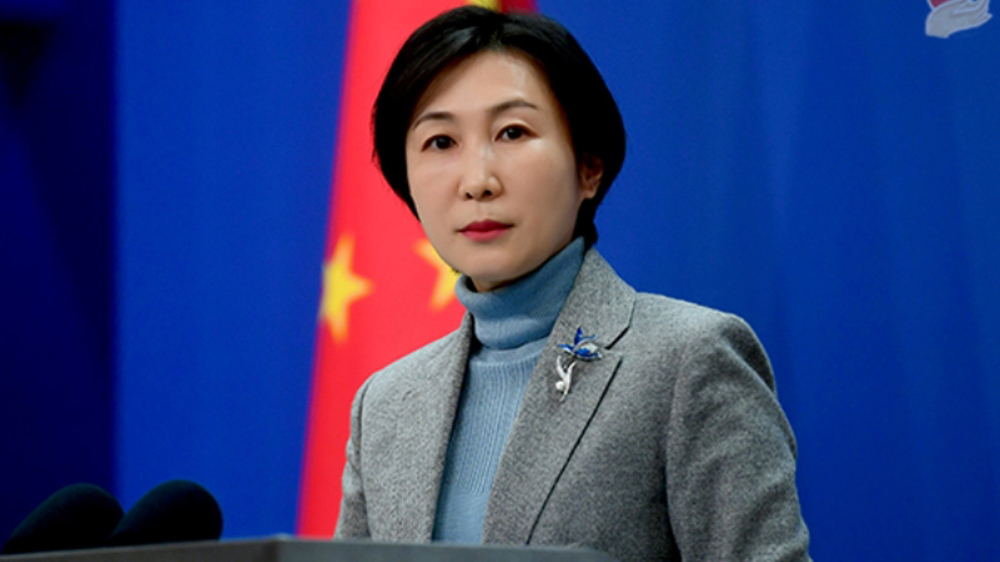
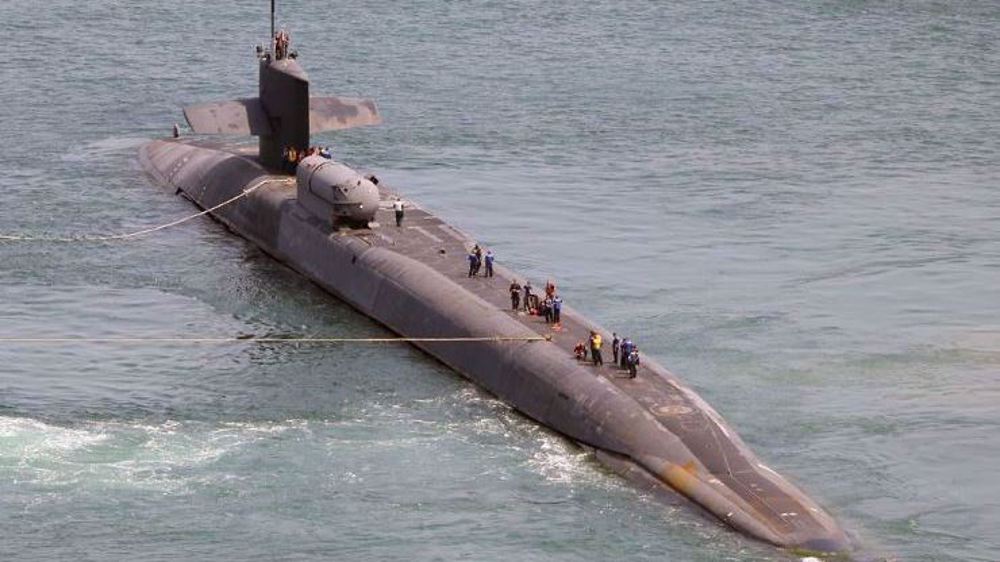



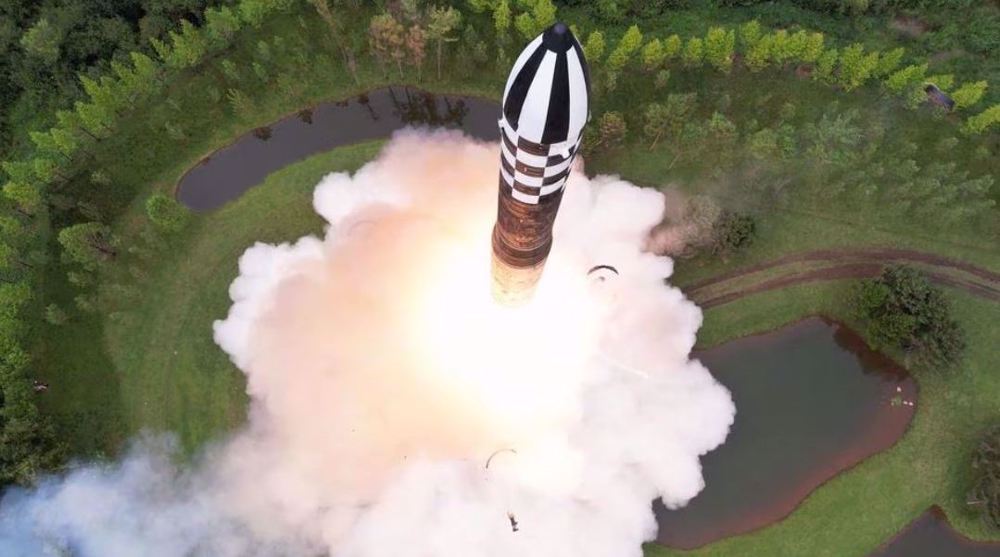
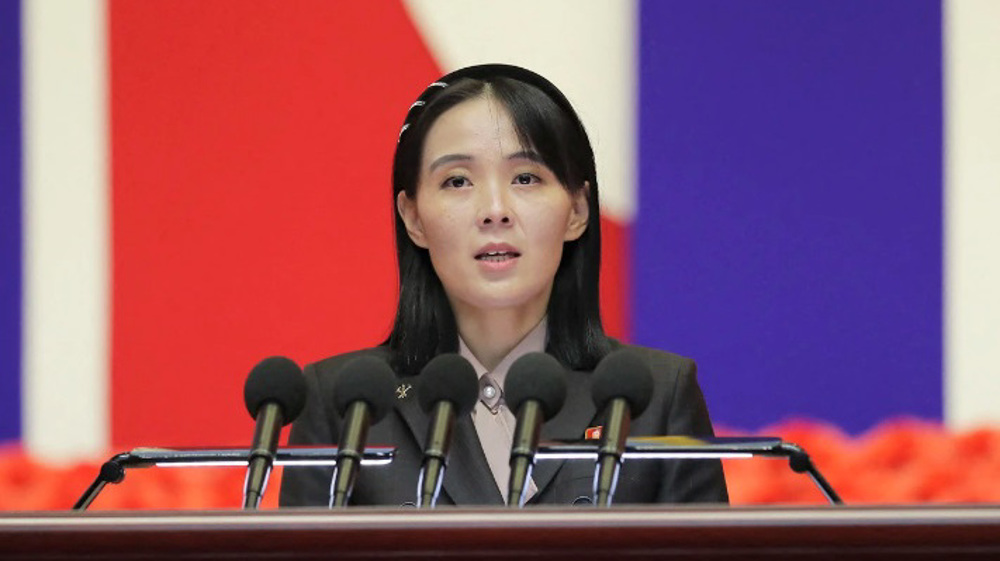
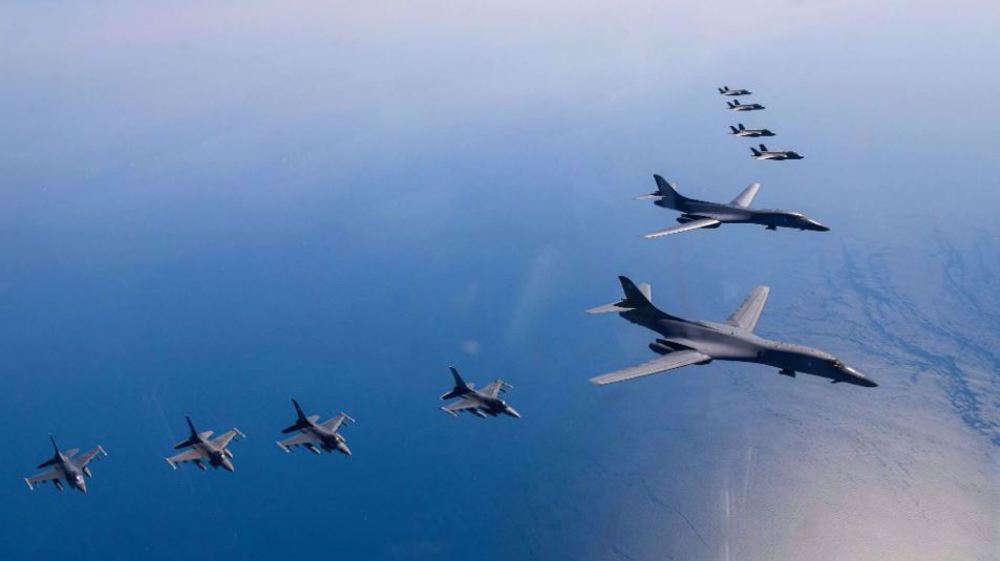
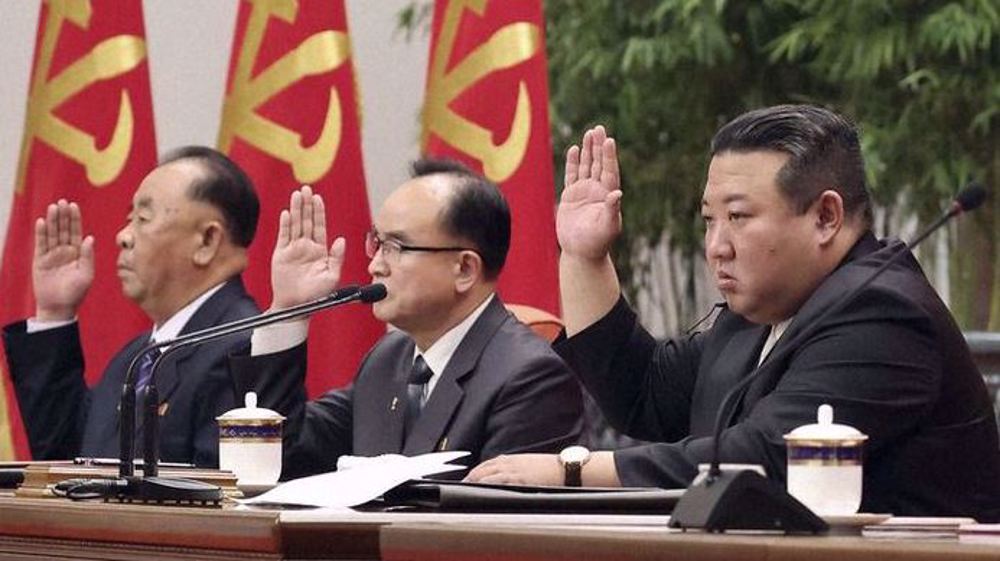

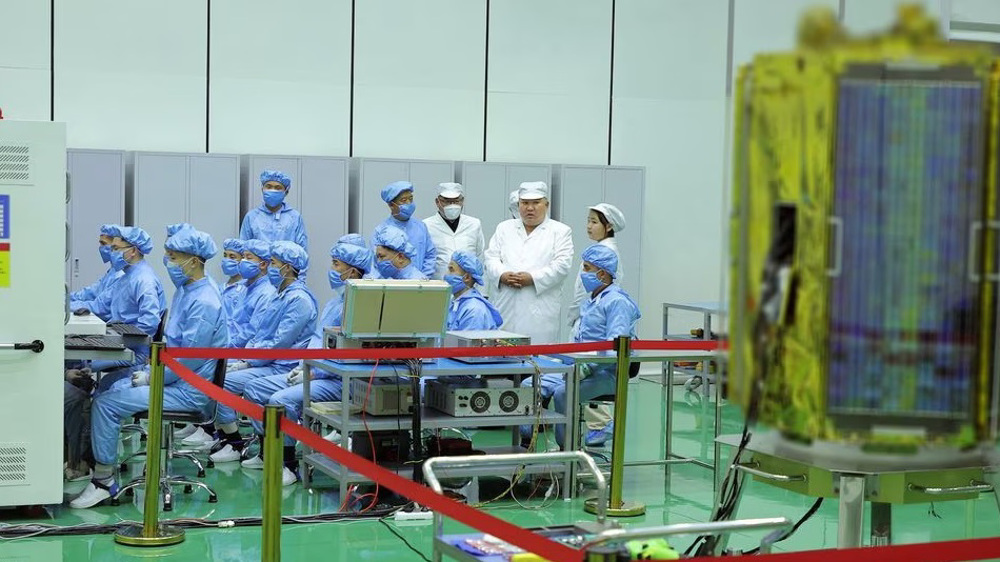
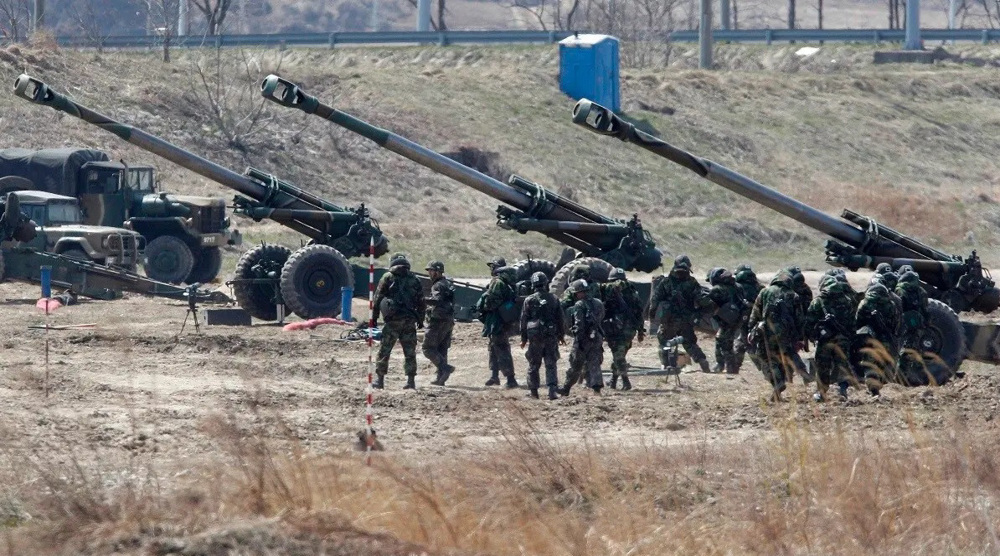
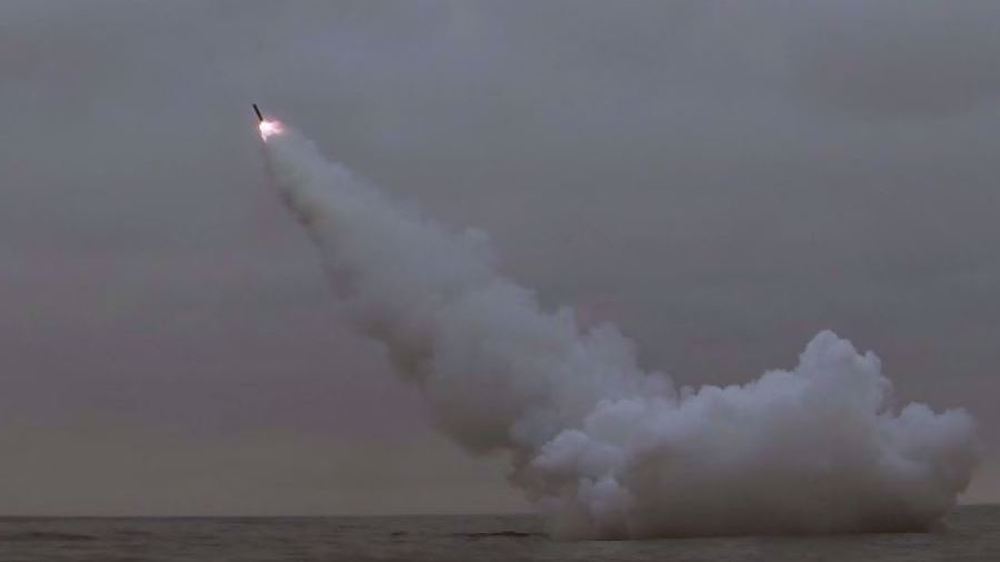

 This makes it easy to access the Press TV website
This makes it easy to access the Press TV website